Corpus Christi Blog
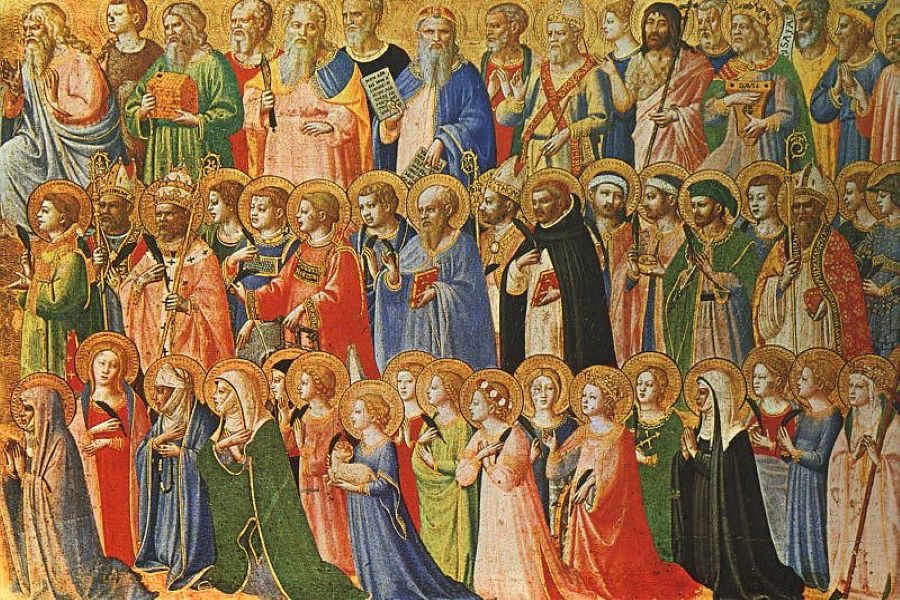
Hallowtide
10-27-2024Weekly ReflectionJen Arnold, M.A.November is approaching, and Catholics around the world are preparing to commemorate two significant days in the liturgical calendar: All Saints' Day on November 1st and All Souls’ Day on November 2nd. These observances are rooted in ancient Christian tradition and offer an opportunity for the faithful to honor the saints and remember departed loved ones. Let’s explore the origins and theological significance of both holy days.
READ MORE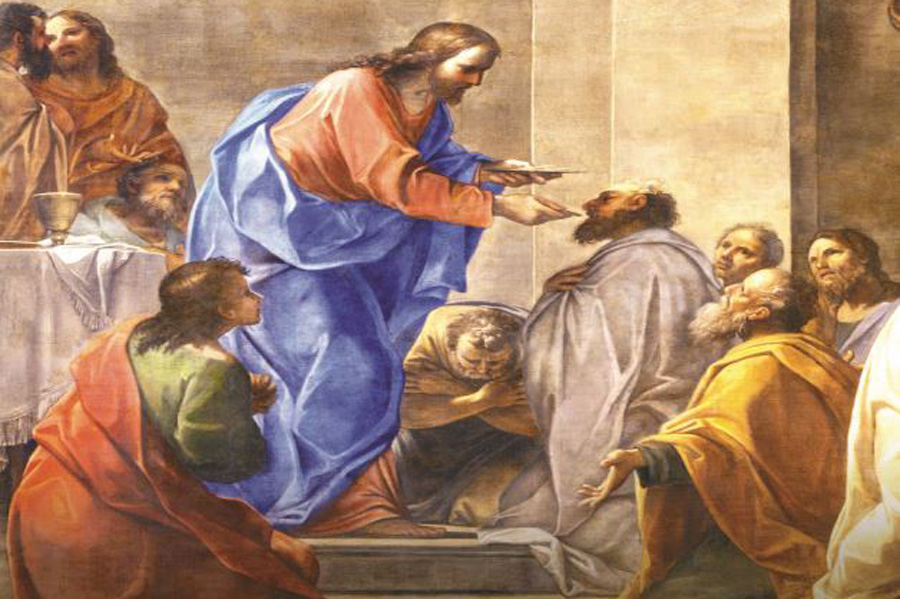
Predestination
10-20-2024Weekly ReflectionJen Arnold, M.A.Today, I'm going to discuss the topic of predestination. This is a topic we don't hear much about, perhaps because it involves a bit of mental gymnastics. Predestination is scriptural (cf. Rom 8:29-30, Eph 1:5) and a truth that all Christian religions teach, though how it is taught and understood among denominations varies. Here, I will present the Catholic view of predestination.
READ MORE
Voting as a Catholic
10-13-2024Weekly ReflectionJen Arnold, M.A.Our nation has an election quickly approaching in the coming weeks, so this is an excellent time to examine our obligations and responsibilities as Catholics regarding voting.
Catholics have a moral obligation to participate in the political process and vote in elections, as outlined by the Catechism of the Catholic Church and guidance from the United States Conference of Catholic Bishops (USCCB). This duty stems from our responsibility to promote the common good and shape society according to Gospel values.
READ MORE
Respect Life Sunday
10-06-2024Weekly ReflectionJen Arnold, M.A.Editor’s Note: This piece discusses abortion — a topic that can bring up many emotions for people. No matter what your story is or where you are in your journey, we want you to know that God loves you and the Church loves you. If you are dealing with anger, sadness, shame, fear— or are hurting in any way — resulting from a connection to abortion, Jesus desires healing, wholeness, and restoration for you. If you or someone you know needs help finding healing and hope after an abortion, please contact Rachel's Vineyard at 877-467-3463 or the National Hotline for Abortion Recovery at 866-482-5433. Additional information is available at rachelsvineyard.org.
READ MORE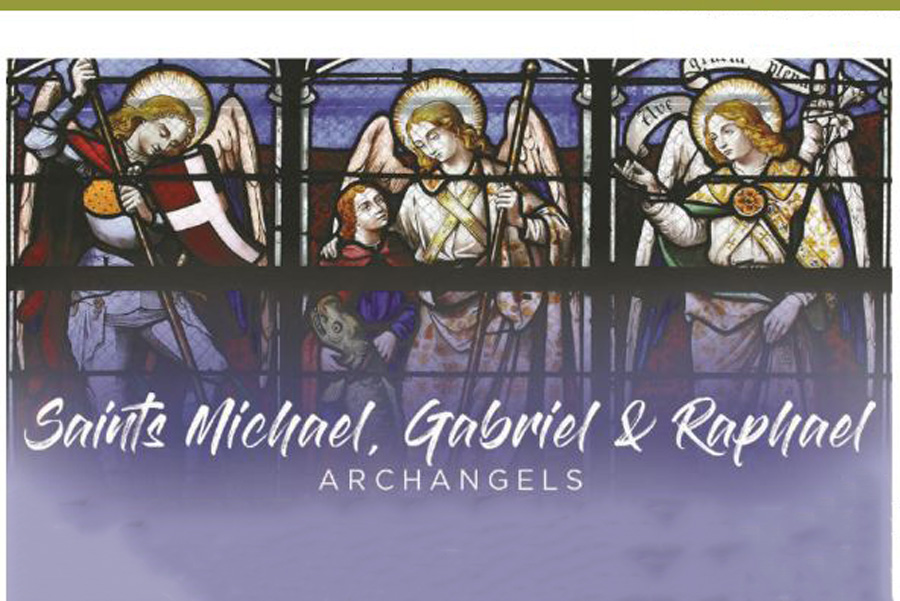
The Feast of the Archangels
09-29-2024Weekly ReflectionJen Arnold, M.A.On September 29th, the Catholic Church celebrates the Feast of the Archangels: St. Michael, St. Gabriel, and St. Raphael. The Feast of the Archangels is sometimes referred to as “Michaelmas” and has been celebrated since the 5th century. Originally, it commemorated only St. Michael, but the 1969 revision of the Roman calendar combined the feasts of Michael, Gabriel, and Raphael into one celebration. This day invites us to reflect specifically on the role of the heavenly beings in God's plan and in our lives. Let us explore the significance of the archangels through Scripture, Tradition, and the teaching of the Church.
READ MORE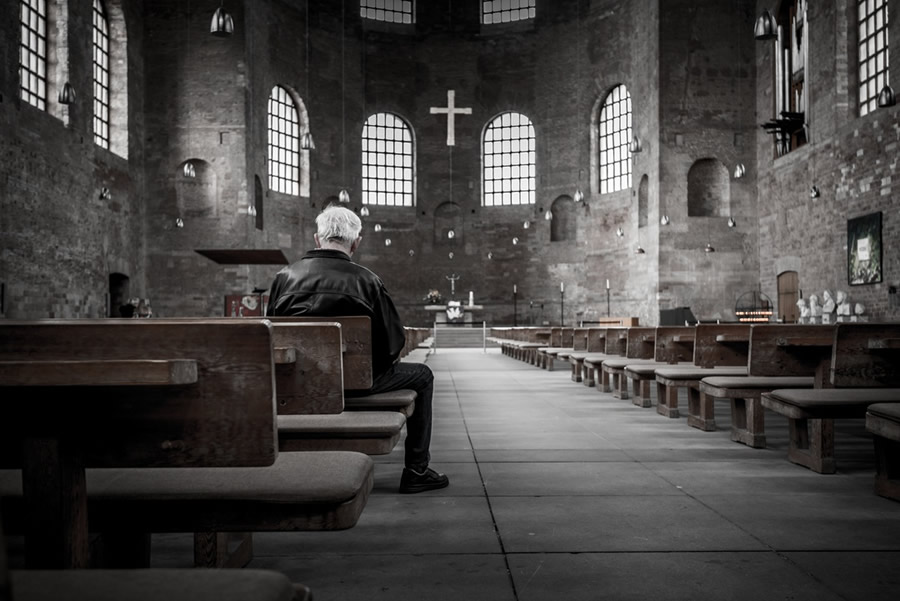
The Power of Silence
09-22-2024Weekly ReflectionJen Arnold, M.A.Have you ever noticed how we are so constantly surrounded by noise that when we unexpectedly find ourselves in a moment of silence, it's deafening? In our fast-paced world, we are hit with noise from all kinds of various sources, all competing with one another for our attention. We are bombarded with technology, news, work, family, tasks, busyness, images, relationships, and more. It can be overwhelming. Moreover, because we sit in silence so infrequently, it can be uncomfortable, so we often even seek out noise to distract us from our discomfort. While noise isn't necessarily bad and is even sometimes necessary, it is not conducive to improving our spiritual health. Silence is essential for spiritual growth, inner peace, and a deeper connection with the divine.
READ MORE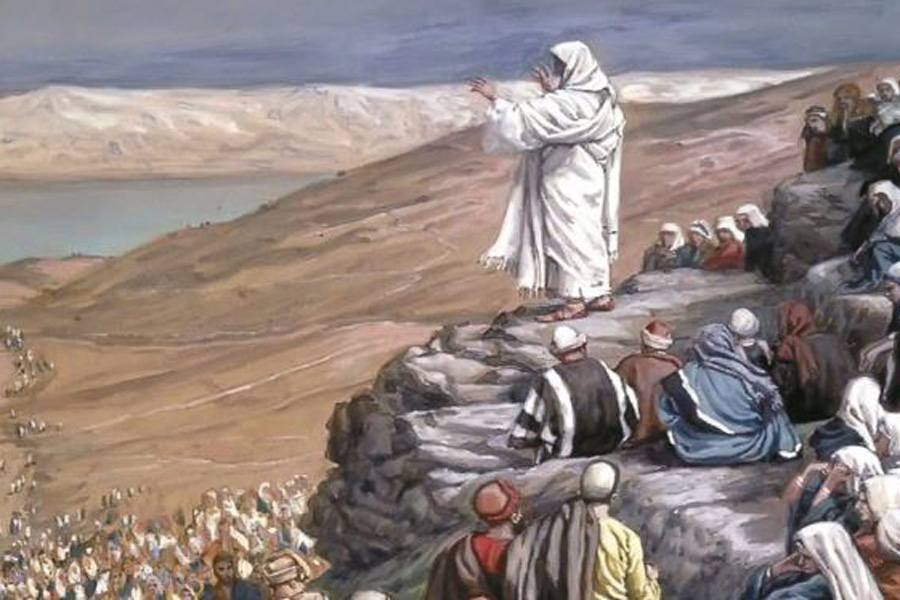
What does it mean to be a Catechist?
09-15-2024Weekly ReflectionJen Arnold, M.A.The Church designates the third Sunday of September, “Catechetical Sunday” as an opportunity to remember and pray for those who dedicate themselves to the ministry of catechesis and to renew our commitment to the ongoing formation of disciples. While we do have designated, formal catechists to provide faith formation at all levels, every Catholic is called to be a catechist, depending on the person’s state in life. When we were baptized, we were conformed to Christ in his three-fold role of priest, prophet, and king. These baptismal promises should compel us to lead others to Jesus and share the truth of who he is. To that end, today is a good day to reflect on the nature and importance of catechesis so that we better serve the Church's mission in the salvation of souls.
READ MORE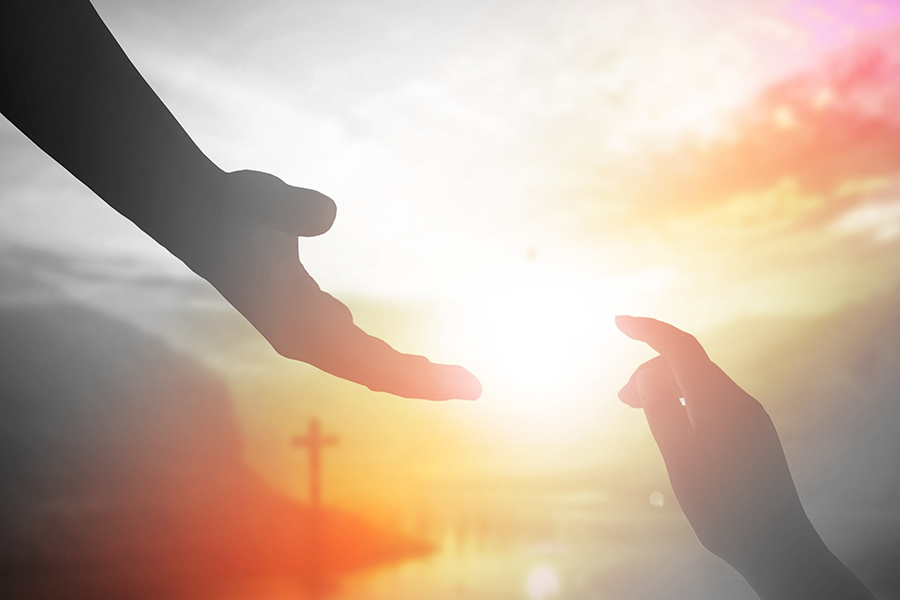
Faith at Work
09-08-2024Weekly ReflectionJen Arnold, M.A.As Catholics, we are called to put our faith into practice in all aspects of our lives, including our professional endeavors. These days, there can be complexities in bringing your Christian values into the workplace, particularly if you work in a secular profession where you interact with people from a variety of belief systems. However, now more than ever, the world needs authentic Christian witnesses to be “salt and light” across all sectors. By integrating our faith into our professional lives, we can transform our work into a means of glorifying God, serving others, and growing in holiness. As St. Paul says, “Whatever you do, do from the heart, as for the Lord and not for others” (Col 3:23). By approaching our work with this perspective, we can genuinely make our professional lives a testament to our Catholic faith.
READ MORE
The Care of Creation
09-01-2024Weekly ReflectionJen Arnold, M.A.Today is the World Day of Prayer for the Care of Creation, so it is an excellent opportunity to discuss the care of creation through the lens of our faith. There is a great deal of emphasis on environmental issues in the secular world these days. We hear a lot about sustainability, climate change, and whether humans can successfully inhabit other planets if the earth is rendered unlivable. However, most of these conversations are human-centric and primarily focused on environmental health as the means for humanity's longevity.
READ MORE
Fraternal Correction
08-25-2024Weekly ReflectionJen Arnold, M.A.We often hear that we are to hate the sin and love the sinner. There are countless examples in the gospels where Jesus shows compassion and love to sinners while also pointing out their sins and urging them to repent. He loves people, but also promotes conversion and transformation by inviting them to follow him instead of their worldly desires. However, the phrase “hate the sin and love the sinner” has taken on a new and incorrect meaning in our modern world of: “Who are we to judge?” Because of this, it is becoming increasingly difficult to know how to talk to people about particular issues, often resulting in individuals keeping quiet to keep the peace. For this week’s reflection, I will be referencing Chapter 7 from a book entitled, 12 Life Lessons from St. Thomas Aquinas, in which author Kevin Vost, PSY.D., uses the writings of the great saint to explain why we are called to judge sin and how to do it in a way that is proper to loving the sinner called, “fraternal correction.”
READ MORE
Blessed Pier Giorgio Frassati
08-18-2024Weekly ReflectionJen Arnold, M.A.One of the things I love most about our Catholic faith is the wealth of examples of holy men and women provided by the Church’s canonized saints. No matter the differences in our personalities, circumstances, or gifts, we have a multitude of saints to whom we can relate for any number of reasons, and we never have to feel alone on our spiritual journey to holiness. Certain situations have come up throughout my life, when it seems a particular saint, sometimes one that is new to me, will try to get my attention. When this happens, I always try to respond and explore what the saint is trying to tell me with an open heart and mind. I often go down an exciting new path of prayer and devotion I had not anticipated, bringing me many graces. Such is the case with Blessed Pier Giorgio Frassati. After a brief biography, I would like to introduce you to the spirituality of my new friend.
READ MORE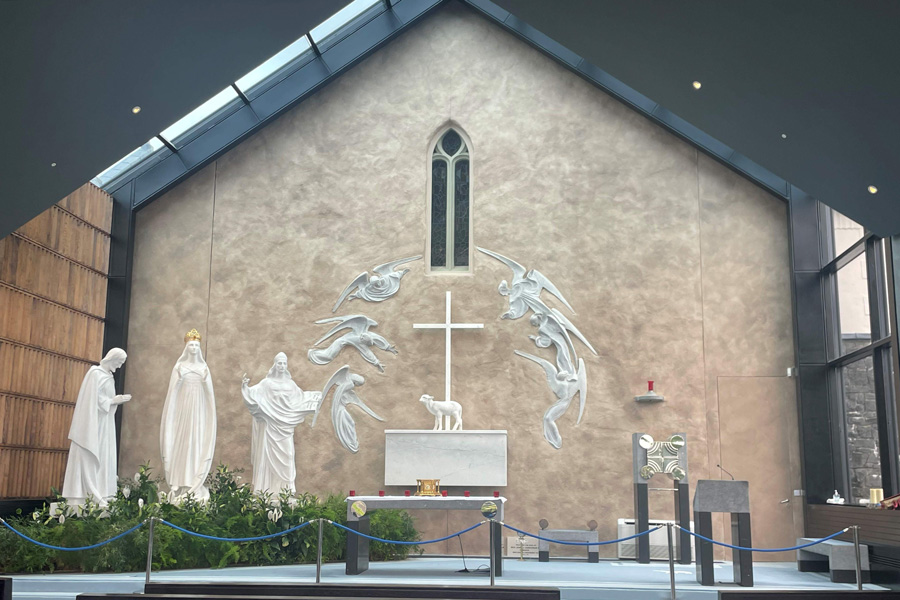
Our Lady of Knock
08-11-2024Weekly ReflectionJen Arnold, M.A.Earlier this summer, I had the opportunity to travel to Ireland with my mom. Our itinerary included a stop in the village of Knock, where Our Lady appeared on a rainy evening on August 21, 1879. While the apparition was investigated and approved by the Church, it remains less familiar than others like Fatima, Lourdes, and Guadalupe. With the feast of Our Lady of Knock occurring this week (August 17), I thought I would share a bit about the apparition itself and its message.
READ MORE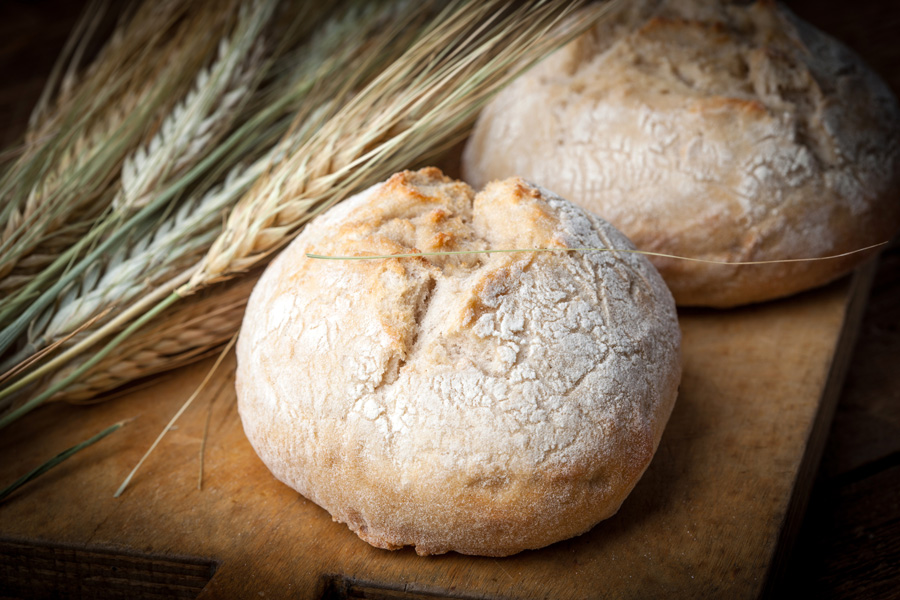
St. John Vianney’s Preaching on Authentic Repentance
08-04-2024Weekly ReflectionJen Arnold, M.A.Today, the Church celebrates the feast day of St. John Marie Vianney, so I thought it would be fitting to recognize him and pay him homage as an outstanding preacher.
St. John Vianney (1786-1859) lived through the French Revolution and its aftermath. It was a tumultuous time for France at large, but also specifically for the Catholic Church. The revolution carried a strong anti-Catholic sentiment with its objective of abolishing the Catholic monarchy. The Church was suppressed, and priests were forced to operate in secret under the threat of persecution and death. The bravery of these priests greatly affected St. John, and their heroic efforts helped to shape his own ministerial work as a priest. During the suppression of the Church, people lost broad access to the sacraments, Mass, and catechetical formation.
READ MORE